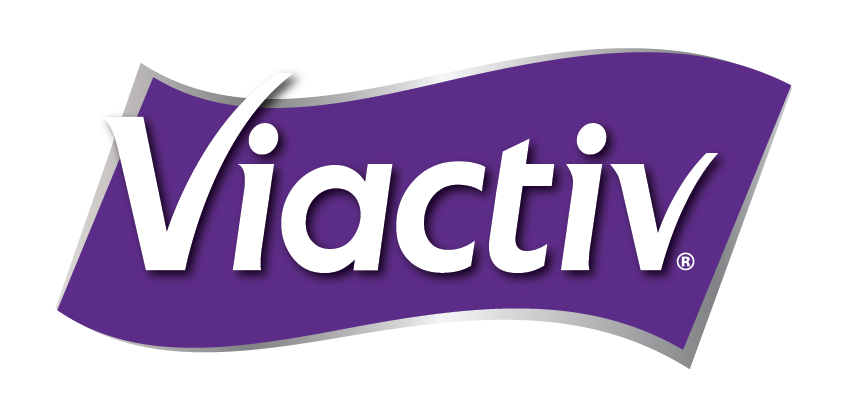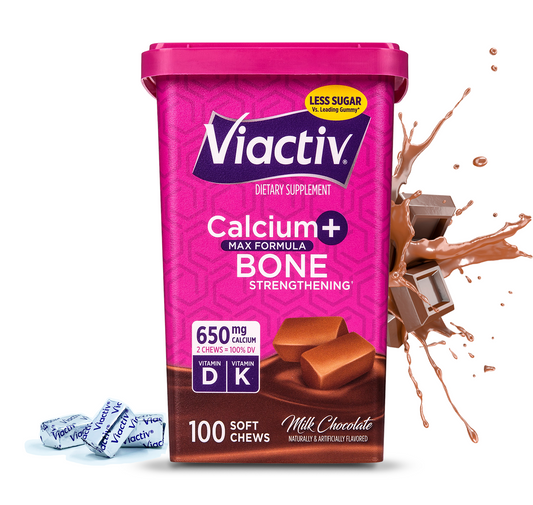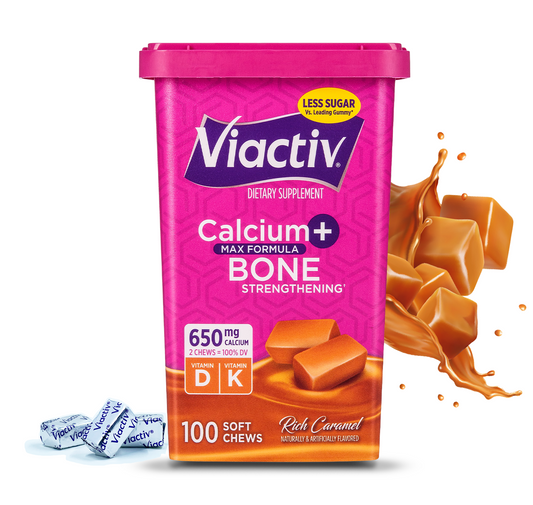Is fish oil good for pregnancy? Absolutely! Fish oil, also known as Omega-3s, is great for pregnancy. The most common Omega-3s are called Eicosapentaenoic Acid (EPA) and Docosahexaenoic Acid (DHA). EPA and DHA are known as “preformed” Omega-3s, which means that the nutrients can be immediately beneficial when consumed; EPA and DHA are the ONLY Omega-3s that are useful in the body. Supplements heavy in EPA and DHA fish oil for pregnancy health benefit both the mother and baby. They can also benefit your child during infancy and childhood with proven problem-solving skills and overall well-being.
As research on the benefits of Omega-3s matured, and especially omega 3 for pregnancy, the FDA began recommending consumption of fish with “lower mercury options” such as anchovies, mackerel, flounder, or haddock, for pregnant women or women that were breastfeeding. These “lower mercury” fish choices still have contaminants and provide a fraction of the daily recommended amounts of EPA and DHA necessary for a mother and baby during and after pregnancy.
How Much Fish Oil During Pregnancy?

340mg is the magic number; the best fish oil supplement for pregnancy should have at least 340mg of Omega-3s. A study collected data from over 11,000 pregnant women during and after their pregnancies. The study compared developmental, behavioral, and cognitive outcomes of their children from ages 6-months to 8-years. The women were divided into groups where they were consuming zero omega-3s, less than 340mg of omega-3s EPA and DHA per week, or more than 340mg of omega-3s EPA and DHA per week. And as part of the study, a food frequency questionnaire was taken by all participants. The results were astonishing! The children of the women that consumed less than 340mg of EPA and DHA per week were at the lowest achievement segment for verbal IQ, fine motor skills, and speed of information processing.
Another study completed at the University of Kansas reports that infants born to mothers with higher blood levels of DHA at delivery had advanced levels of attention spans well into their second year of life. During the first 6 months, these infants were 2 months ahead of babies whose mothers had lower DHA levels.
When to Stop Taking Omega-3 in Pregnancy?

It’s recommended not to stop taking fish oil throughout pregnancy and breastfeeding. A baby’s brain grows the fastest in the last trimester of pregnancy and the first two years after birth. Remember, EPA and DHA are essential nutrients – the body can’t make them or store them. The only way for a baby to get Omega-3s EPA and DHA, which are vital nutrients for a growing brain, is through breastmilk or formula.
When breastfeeding, the baby gets priority to the mother’s omega-3s because the baby’s brain is growing so fast. If there aren’t enough omega-3s in a mother’s diet, the mom could be left with an omega-3 insufficiency. If breastfeeding isn’t an option for you, choose a formula high in EPA and DHA.
Sources:
The Omega-3 Effect | Ask Dr. Sears
Maternal Consumption of a Docosahexaenoic Acid – Containing Functional Food During Pregnancy: Benefit for Infant Performance on Problem-Solving but Not on Recognition Memory Tasks at Age 9 Mo. | National Institutes of Health (NIH)
Advice About Eating Fish | U.S. Food & Drug Administration (FDA)
Maternal Seafood Consumption in Pregnancy and Neurodevelopmental Outcomes in Childhood (ALSPAC study): An Observational Cohort Study | National Institutes of Health (NIH)
A Qualitative Study of Fish Consumption During Pregnancy | National Institutes of Health (NIH)
Prenatal DHA Supplementation and Infant Attention | National Institutes of Health (NIH)
Omega-3s: The Benefits While Breastfeeding and Beyond | Ask Dr. Sears
Last Updated On: April 27, 2023
First Published On: December 14, 2022





